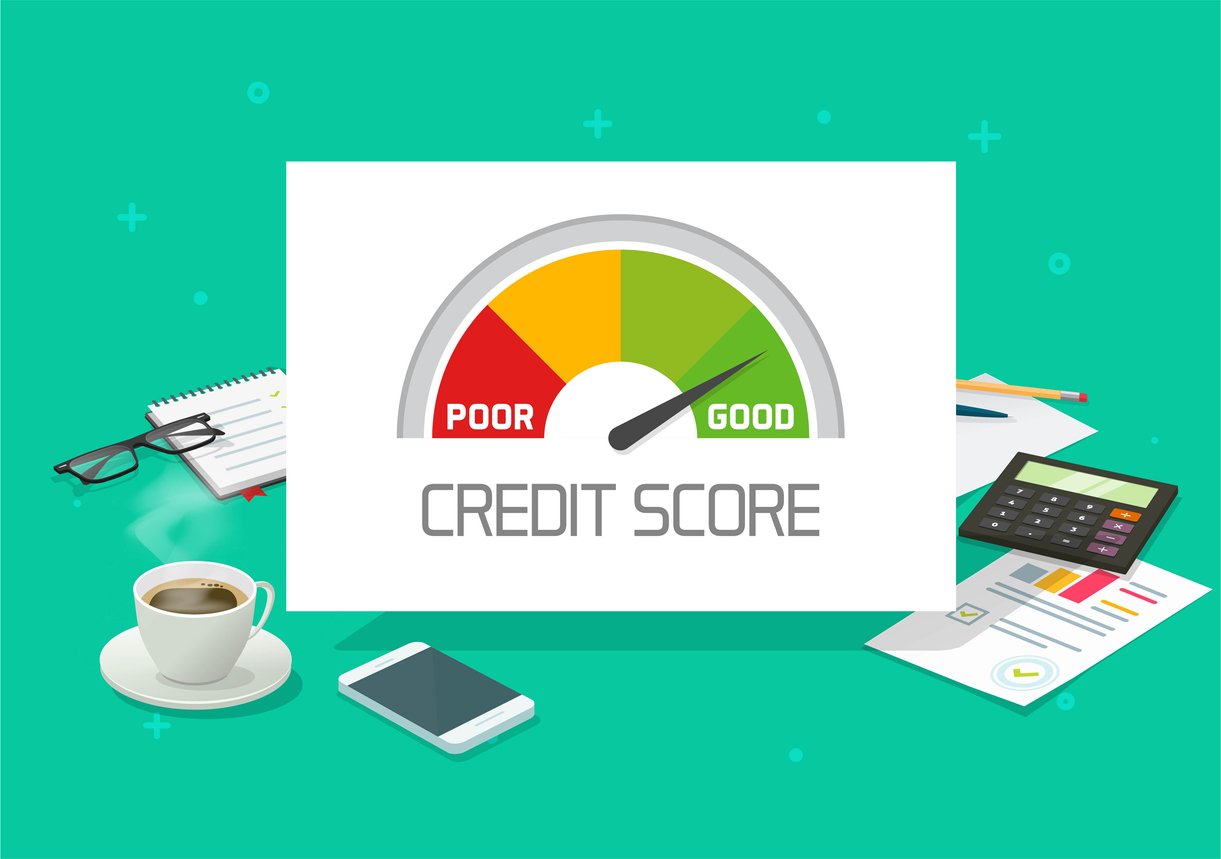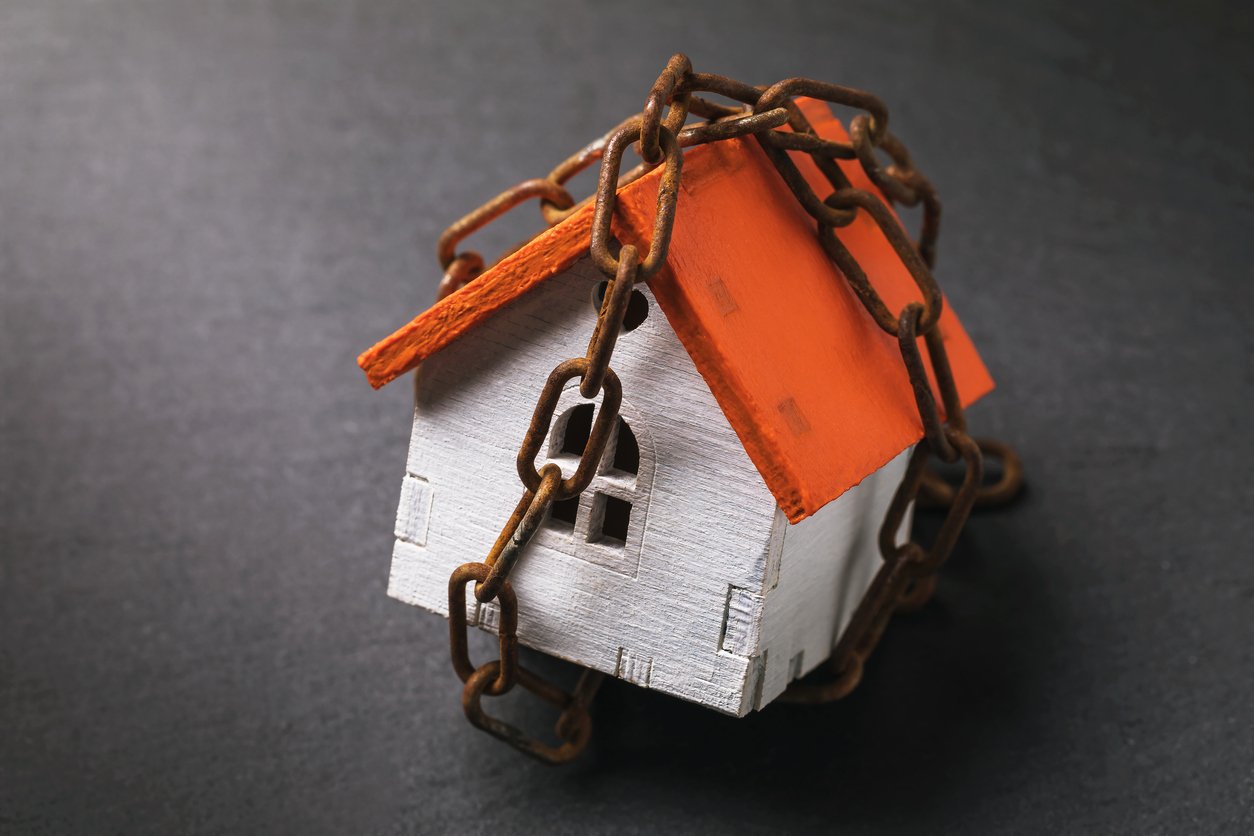When considering a mortgage, one of the things to decide on is picking a fixed or variable-rate loan. The main difference? With a fixed rate, you’ll know exactly how much you’ll pay for the entirety of the loan. With a variable rate, your payments will change over time. Here’s everything you should know about fixed and variable-rate mortgages.
Fixed Rate Mortgages
A fixed-rate mortgage means your interest rate is set for the duration of your loan. You’ll pay the same amount each month, no matter how short or long the loan terms are. If fixed mortgage rates change — up or down — you will not be impacted.
Pros and Cons of Fixed Rate Mortgages
Pros:
-
Easier budgeting. Because your payments never change, it’s quite easy to budget for a fixed-rate mortgage.
-
You can plan it out. Knowing how much your mortgage is means you can figure out exactly when you’ll pay it off.
Cons:
-
Higher rates. The main downside of fixed-rate mortgages is that you’re stuck with your rate no matter what happens. That means you could miss out on lower rates should mortgage rates decrease.
-
Expensive fees. If you need to break your loan for some reason, fixed mortgages have steep fees.
Variable Rate Mortgages
If you opt for a variable-rate mortgage, your payments will fluctuate according to your lender’s rate. Variable-rate mortgages are typically shorter than fixed-rate mortgages.
Pros:
-
You might save cash. Because variable-rate mortgage payments move up and down, you could luck out and experience multiple decreases throughout your loan.
-
Moving on is cheaper. It’s usually less expensive to get out of a variable-rate mortgage than it is to get out of a fixed-rate mortgage.
Cons:
- Many changes. Just as you might save some cash if interest rates decrease, you might pay more if they increase.
-
Hard to upgrade. If you end up wanting to change to a fixed-rate mortgage, you could end up paying a higher rate depending on what the current interest rates are.

Mortgage Loan Officer
NMLS #1227394
(360) 426-1601 ext.3162
[email protected]
This post was published in partnership with our partner SavvyMoney. Original author: Chris O’Shea



